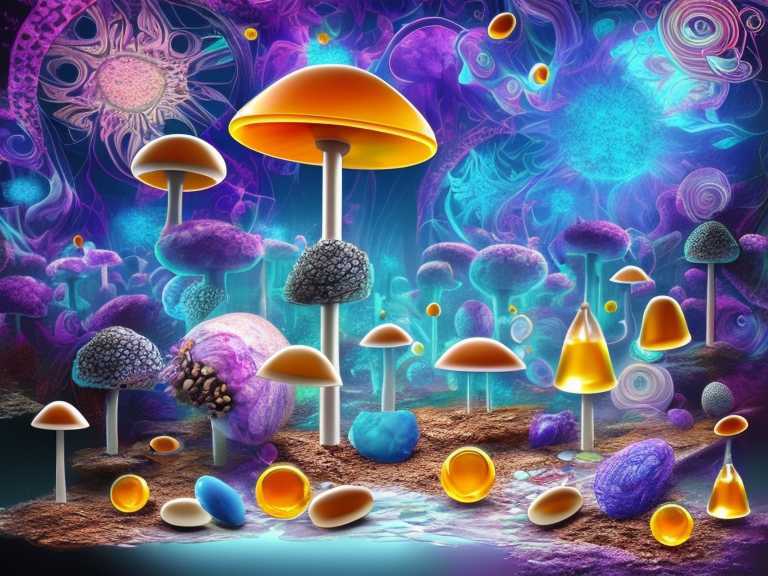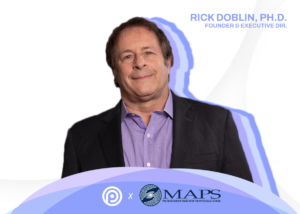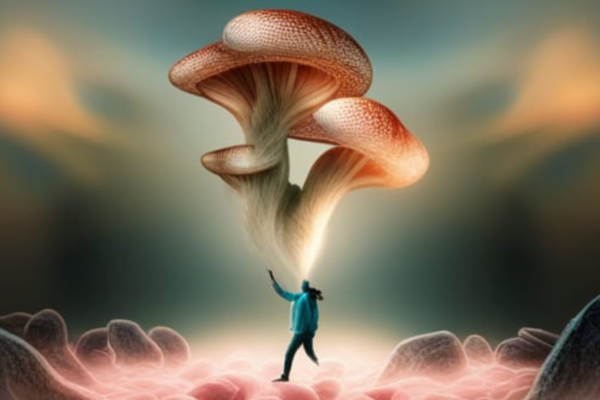
On Saturday, July 1, 2023, Australia officially became the first country to allow physicians to prescribe MDMA to treat post-traumatic stress disorder (PTSD) and psilocybin to combat treatment-resistant depression.
The substances which were classified as Schedule 9 of the Poisons Standard – known as prohibited substances – will now be relocated to Schedule 8 and classified under controlled drugs.
Only authorized psychiatrists will be able to prescribe MDMA and psilocybin, as part of therapy, in controlled clinical settings for patients suffering from these serious mental health conditions due to their specialized qualifications and experience. Psychiatrists who want to gain prescribing approval must submit an application to a Human Research Ethics Committee (HREC) and to the Therapeutic Goods Administration (TGA). In other words, this means that without proper authorizations, possession of MDMA and psilocybin under Schedule 8 will be considered illegal (e.g., possessing it outside a valid prescription).
Can psilocybin and MDMA be prescribed to treat mental health conditions other than PTSD and treatment-resistant depression?
The short answer is no. So far, the Delegate has decided that psilocybin and MDMA should only be prescribed as a Schedule 8 drug for those suffering from treatment-resistant depression or post-traumatic stress disorder since there is sufficient data demonstrating these substances’ potential benefits when it comes to these conditions.
If new evidence confirms that these drugs can treat other conditions, the TGA may modify the Poisons Standard to expand prescription of psilocybin and MDMA to other mental health illnessess.
Will the United States follow suit?
It seems very possible; according to the New York Post, the FDA will be asked to approve MDMA for treating PTSD by October of this year. If approved, this type of psychedelic-assisted therapy will be available in hospitals before the second half of 2024.
In 2022, the U.S. nonprofit Multidisciplinary Association for Psychedelic Studies (MAPS) completed a second phase-three trial on MDMA as a treatment for PTSD which is regarded as the last necessary step before the organization can apply for approval from the U.S. Food and Drug Administration (FDA). While we’re expecting the team of neuroscientists to soon publish their results, what we know is that according to MAPS, their findings echo the positive results of their first Phase 3 MDMA trial, which found that PTSD patients who underwent MDMA-assisted psychotherapy reported significant improvements in their symptoms 4.5 months after their first dose, compared to the placebo group. MAPS’ founder and executive director, Rick Doblin, says his group is preparing to apply for FDA approval based on those data. If his team is able to replicate their earlier results well, MDMA therapy could be approved as soon as 2024.
Meanwhile, the largest Compass Pathways Phase 3 clinical trial investigating the safety, efficacy and tolerability of psilocybin as a remedy for treatment-resistant depression (TRD) began this year. The program is composed of two separate trials totaling 946 participants and one long-term follow-up study. This first study is expected to end in October 2024, and the second one is expected to be completed by May, 2025. What we know so far from the company’s Phase 2b trial involving 233 participants treated with either a 1mg, 10mg, or 25mg dose of COMP360, is that most patients’ depression symptoms improved greatly following a single dose of psilocybin with 30% of patients being in remission at week 3. It’s worth noting that some side effects like headaches, nausea, and dizziness were observed in some of the patients.
Read more: The Largest Phase 3 Trial on Psilocybin for Depression Has Kicked Off
It is worth mentioning that treatment-resistant depression is one of the most challenging conditions to medicate. These patients have tried every other treatment available in the market without success. This means that there is a possibility that a single 25mg dose of psilocybin combined with psychotherapy may not deliver the mind-boggling results that the psychedelic industry is expecting for this specific condition. However, psilocybin-assisted therapy appears to be delivering some astounding results for depression in cancer patients. In May this year, Sunstone Therapies’ investigator-initiated Phase 2 study which examined Compass’ COMP360 synthetic psilocybin published some impressive long-term follow-up data. A single 25mg dose of psilocybin paired with therapy demonstrated sustained remission of depression in 57% of patients, with 64% seeing a significant improvement after 18 months. If the results can be replicated in larger studies, the evidence could provide a significant push to a wider and faster adoption of psilocybin-assisted therapy in the future.
Read also: Single Dose of Psilocybin Yields Long-Term Depression Remission in Over 50% of Cancer Patients
The psychedelic industry is expected to experience significant shifts in the next few years. While we’re waiting for MAPS’ MDMA for PTSD study and Compass Pathways’ Comp360 for TRD to deliver positive results, psychedelic reform efforts across the United States continue to progress. About a dozen states in the U.S., including Virginia, Indiana, Hawaii, and many others, have put forward legislation that would decriminalize psychedelics like MDMA, psilocybin, and DMT.
Moreover, special task forces or state-sponsored research bodies have been created or are set to be voted on, aiming to properly educate voters and governing bodies on the potential benefits of psychedelic-assisted therapy.
To top it all off, last week, the 2024 Democratic presidential candidate Robert F. Kennedy Jr., said that, if elected to the White House, he would legalize psychedelics and marijuana and tax both substances using the revenue to create “healing centers” in rural areas for the millions of U.S. citizens suffering from drug addiction. Around the same time, Frank Biden said in an interview on SiriusXM’s The Michael Smerconish Program that he was curious about the potential of psychedelic treatments due to his past struggles with alcohol abuse. He added that current President Joe Biden “is very open-minded” about these substances as well. He did however muse about the world’s and the country’s readiness for these treatments.





